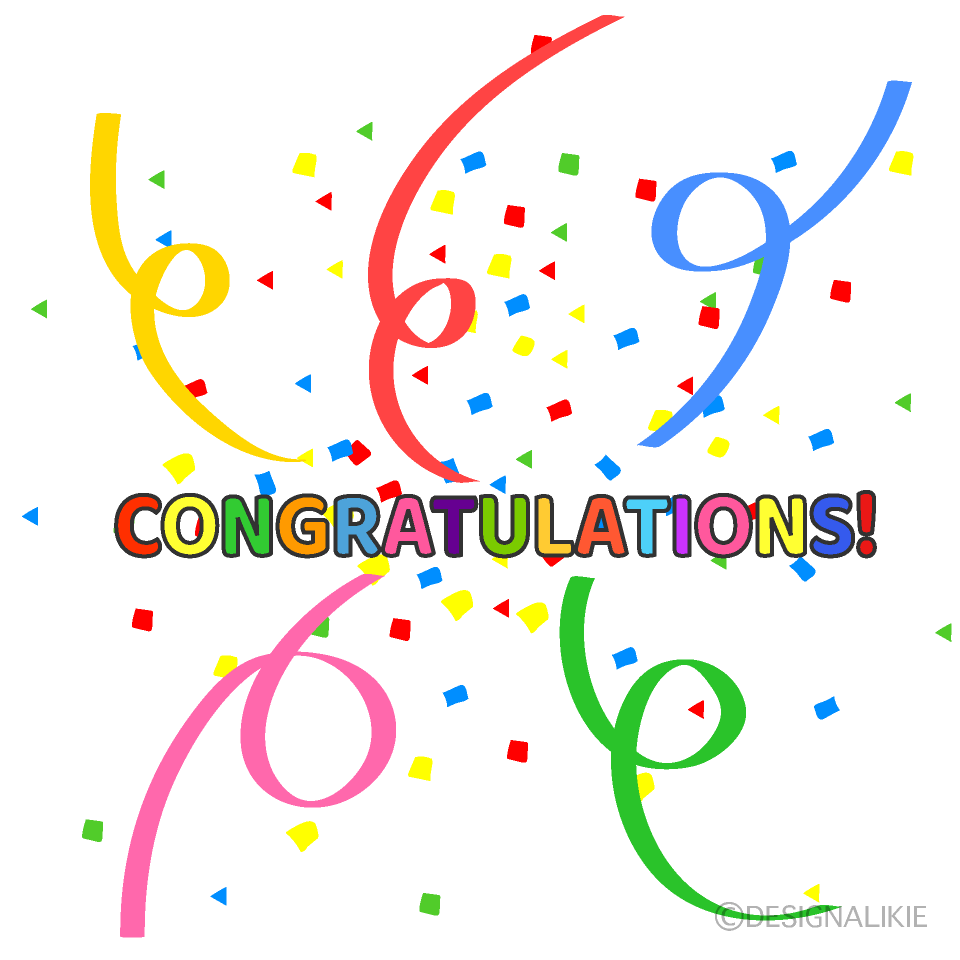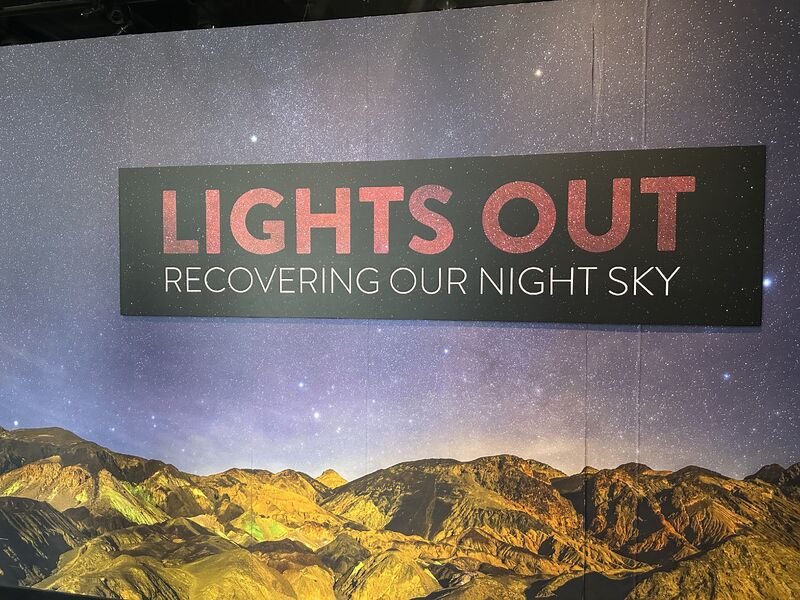By Professor Tiffany Banks On Tuesday, September 30th , students from my COMM 108: Foundations…

On February 22, the members of the 2017 Smithsonian Faculty Fellowship presented their work to the greater college community. This marked the culmination of their year long fellowship, and allowed each to showcase the work they had done with their students exploring our theme, Social Justice: America’s Unfinished Story of Struggle, Sacrifice and Strife. Through their presentations, those attending were able to see how each Fellow approached the theme, and integrated class content and field trips to various Smithsonian museums in ways that provided lasting learning experiences for their students. Following opening remarks by Sara Ducey, Director, Paul Peck Humanities Institute, and introductions by Mimi Mann, Smithsonian Faculty Fellowship Coordinator, the following presentations were shared:
Jessica McLaughlin (Psychology, Germantown), “You’re Crazy! Confronting the Stigma of Mental Illness”
Sean Fay (Criminal Justice, Germantown), “Emphasizing Social Justice in Criminal Justice Policies and Procedures”
Michelle Moran (History, Rockville), “Confronting the Past through the Objects of Struggle: Constructing a History of Social Justice”
Joanne Bagshaw (Psychology, Germantown), “From Slavery to Prison: Tracing the Roots of Mass Incarceration”
Gary Coley (Communications, Germantown), “The Role of Music in the Pursuit of Social Justice”
Rachel Saidi (Math and Statistics, Rockville), “Visualizing Social Justice and Democracy in Statistics
Tiffany Copeland (Radio/TV Production, Rockville), “Using Audio Technology in Collaboration with the Smithsonian to Give a Voice to the Voiceless: Telling Stories of Social Injustice to Explore Solutions to Societies Greatest Ills”.
Ethan Goffman (English, Rockville), “Environmental Justice: From the Community to the World”
Sarah Jorgensen (Art History, RV), “Art and Social Justice: But is it Art?”
Serena Gould (ELAP, Takoma Park/ Silver Spring), “Using personal narrative writing to explore issues of social justice, self -knowledge, and language development in American ESL students”





This Post Has 0 Comments